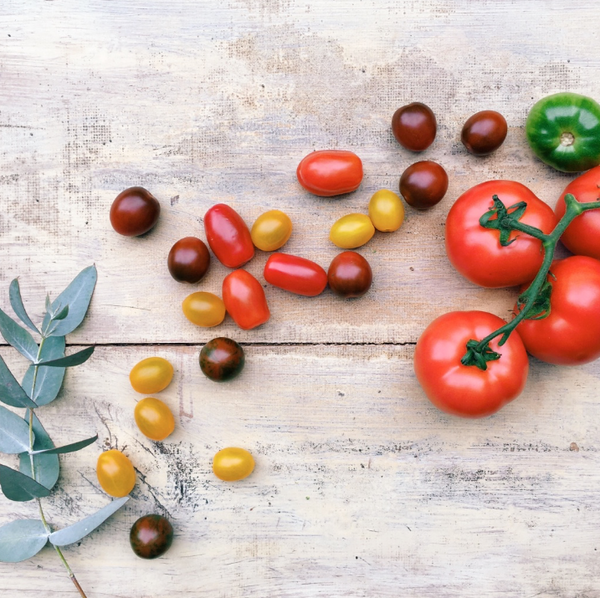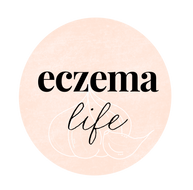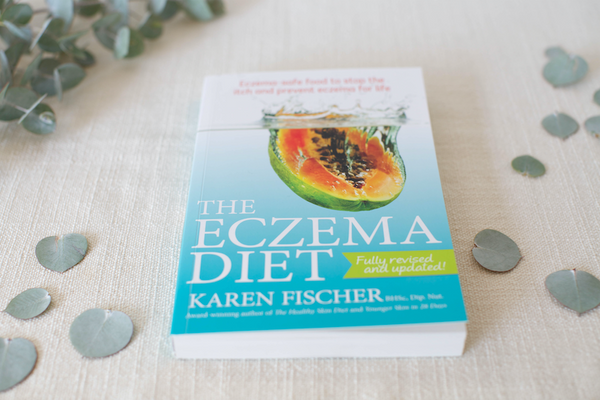Are nightshades bad for eczema?

Nightshade vegetables include tomato, eggplant, chilli peppers, capsicum and potatoes, including white, red, yellow and blue-skinned potatoes. Sweet potatoes and yams are not nightshades. Goji berries (also called wolfberries) garden huckleberries, ground cherries and cape gooseberries are also nightshades.
According to Encyclopaedia Britannica, nightshades are a part of the family of Solanaceae plants (Solanum genus), which contains more than 2,500 species that are commonly used as foods and medicines.
Nightshade sensitivity signs and symptoms
Sensitivity symptoms include gout-like pain, bloating, diarrhea, gas, nausea, joint pain, headaches and depression after consuming nightshades.
Eczema is not listed as a common sign or symptom so nightshades do not specifically cause eczema.
According to the Mayo Clinic, allergy to nightshade vegetables is uncommon and when I checked for peer-reviewed journals for research on nightshades and eczema, nothing came up. However, a small number of people say their eczema clears up when they avoid nightshades. This does not mean everyone with eczema should avoid nightshades as it's an individual thing.
I did find this research on arthritis that states: "Rigid omission of Solanaceae, with other minor diet adjustments, has resulted in positive to marked improvement in arthritis and general health."
So what are nightshade vegetables and why could they be bad for eczema?
Some people have a sensitivity to nightshade plants but it is likely because most nightshades contain high levels of salicylates, amines and natural glutamates which can cause pain and skin inflammation in sensitive individuals. More than 60% of people with eczema react to salicylates in foods and their eczema clears up when they avoid salicylate-rich foods.
So it is more likely to be salicylate sensitivity worsening the eczema symptoms, not nightshade sensitivity.
Q: "Why does The Eczema Diet contain peeled potatoes (a nightshade plant)? Aren't potatoes bad for eczema?"
The Eczema Diet is a low salicylate diet as the research is strongest on salicylate avoidance to improve eczema (along with other dietary changes outlined in the book, including taking the Skin Friend supplements). The Eczema Diet is mostly free of nightshades - it contains no tomato, eggplant, chillies, capsicum, goji berries and other nightshades as these are rich sources of itch-promoting salicylates. However, the Eczema Diet includes white peeled potato (must be peeled to be low salicylates)
White potato is the only carbohydrate rich food that has the added benefit of being slightly alkalising which is good for the skin. It's also rich in vitamin C and fibre, and it has been used for remedies for scurvy and tooth abbesses (and puffiness under the eyes when used topically).
So should you eat peeled white potato if you have eczema?
Yes, you can enjoy it if you don't have an allergy or sensitivity to potatoes.
A small number of eczema sufferers are sensitive or allergic to potato, so they should (understandably) avoid potatoes. This does not mean every eczema sufferer should avoid potatoes unnecessarily. You can have peeled baked potato, mashed potato and other types of potato, especially when prepared in a healthy manner.
If you are following The Eczema Diet and you are allergic to potatoes, an eczema-friendly substitute is white or red cabbage as they are rich in vitamin C.
SHOP THE STORY
Reference
Childers, N. F., and M. S. Margoles. "An apparent relation of nightshades (Solanaceae) to arthritis." Journal of Neurological and Orthopaedic Medicine and Surgery 14 (1993): 227-227.


